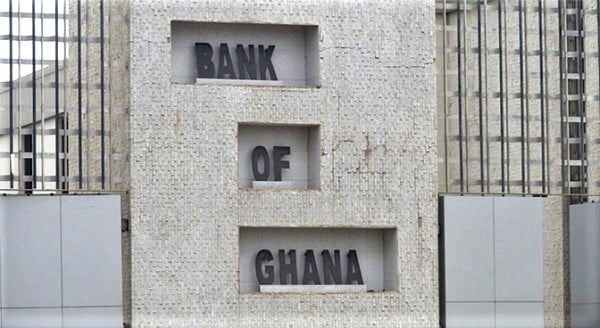The International Monetary Fund (IMF) has credited $367 million to the Bank of Ghana following the successful completion of Ghana’s fourth review under the Extended Credit Facility (ECF) programme.
This latest disbursement, which hit the central bank’s account on Wednesday, July 9, represents the fifth tranche of the $3 billion programme secured in 2023.
The fresh injection of funds is expected to boost Ghana’s external reserves, stabilise the cedi, and provide critical support for balance-of-payment needs. It also signals continued endorsement of the country’s economic reform efforts by the Fund.
The $3 billion agreement, which began in May 2023, was designed to help Ghana navigate a turbulent economic phase marked by high inflation, rapid currency depreciation, and an unsustainable debt burden. Under the deal, Ghana is required to meet key fiscal and structural benchmarks, with reviews conducted periodically to assess progress.
Finance Minister Dr. Cassiel Ato Forson has hailed the recent tranche as a testament to the country’s performance under the programme. He noted that Ghana had “so far exceeded expectations,” restoring confidence among both domestic stakeholders and international partners.
The disbursement comes at a critical juncture, as the government continues negotiations with external creditors and Eurobond holders under the G20 Common Framework. The outcome of these talks is expected to be pivotal to the full implementation and ultimate success of the IMF programme.
Experts have called on the government to ensure that the funds are used prudently, particularly in sectors that can drive long-term growth.
“But I think if I were to suggest I will say we should use it to support the agric sector in the mean and perhaps some of the road projects that have stalled because the stalling of those road projects tend to increase the cost and then we have seen that agric is mainly the fulcrum. It is a very important aspect. Now the government has launched the 24 hour economy. I think agric should be at the heart of it,” Professor Patrick Asuming said.
As Ghana edges toward a crucial phase of its economic recovery agenda, the latest IMF support adds momentum to the broader effort to rebuild macroeconomic resilience, restore debt sustainability, and unlock growth.


